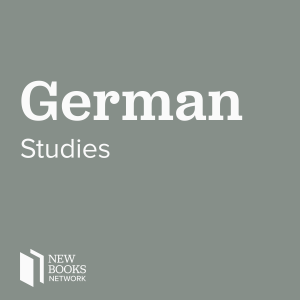
Thomas Kohut, “A German Generation: An Experiential History of the Twentieth Century” (Yale UP, 2012),
 2014-10-06
2014-10-06
Germans belonging to the generation born at the turn of the twentieth century endured staggering losses, many of which became difficult to mourn or even acknowledge: their parents in World War I, financial and physical security during the Weimar Republic, the racially pure utopian promise of the Third Reich, and likely several loved ones in the catastrophic final throes of World War II and the privation of the immediate postwar period.
Thomas Kohut, in his provocative and moving book, A German Generation: An Experiential History of the Twentieth Century (Yale University Press, 2012), argues that the Weimar-youth generation’s inability to work through these losses informed its members’ particular brand of anti-Semitism, enabling them to look away from the Holocaust and leading them to seek comfort in the collective, the Volksgemeinschaft – initially in the Youth Movement, then the Reich Work Service, and finally the Free German Circle in their twilight years. The turn to the collective not only compensated for loss but also impeded empathy for the plight of Jewish neighbors and engendered chronic optimism and psychic fragility.
Through an analysis of sixty-two oral history interviews condensed into six composites, Kohut argues for the importance of empathy (defined as thinking one’s way into the experience of another) for both history and the consulting room. Empathy facilitates reparative mourning and guilt while its absence — as affect, social practice, and critical category – can have devastating, indeed genocidal, consequences.
Learn more about your ad choices. Visit megaphone.fm/adchoices
Support our show by becoming a premium member! https://newbooksnetwork.supportingcast.fm/german-studies
More Episodes
Create your
podcast in
minutes
- Full-featured podcast site
- Unlimited storage and bandwidth
- Comprehensive podcast stats
- Distribute to Apple Podcasts, Spotify, and more
- Make money with your podcast
It is Free
- Privacy Policy
- Cookie Policy
- Terms of Use
- Consent Preferences
- Copyright © 2015-2024 Podbean.com






